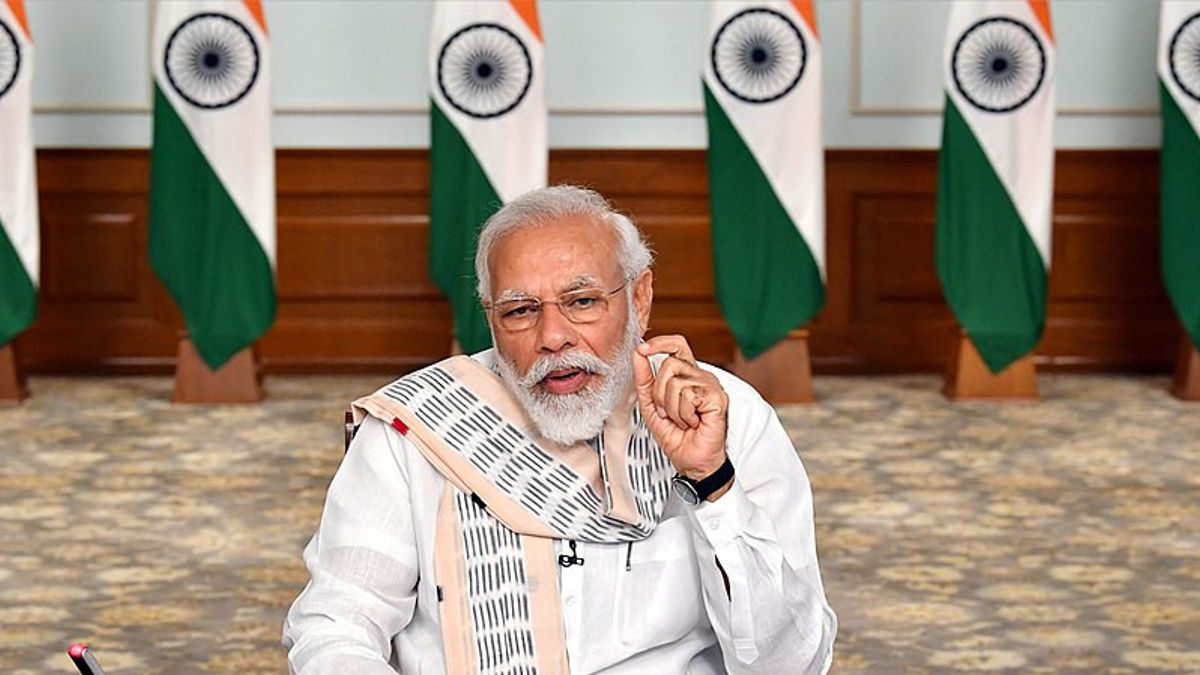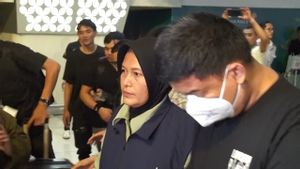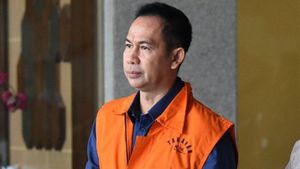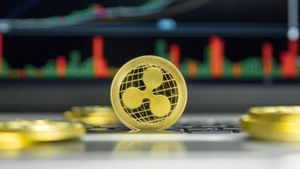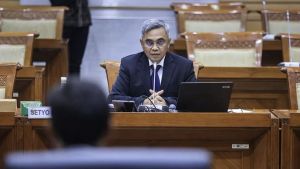JAKARTA - There has been a lot of bad news about the handling of the COVID-19 pandemic by India. However, Indian Prime Minister Narendra Modi argued that the reality was not that bad. So what are the facts?
"The way Indians have come together to fight the coronavirus in the last few months, we have proven the world wrong," PM Modi said in a speech quoted by CNN.
According to the records of Johns Hopkin University, India has the third highest number of coronavirus cases in the world, with more than 1.3 million cases of COVID-19 and 32,060 of them died. Meanwhile on Sunday, July 26 the country recorded 48,661 new cases in a day.
The situation is most severe in Delhi, the country's metropolitan city. Research carried out by India's National Center for Disease Control shows that nearly one in four Delhi residents has contracted the virus.
Modi's defenseDespite the highest cases in the world, PM Modi claims the recovery rate for COVID-19 is better in India than in any other country, with around 918,000 people successfully recovering. Still, Modi warned that the threat of the disease remained real.
"We must remain vigilant. We must remember that the corona virus is still as dangerous as it appeared at the beginning," he added.
Meanwhile, on June 12, India's Supreme Court published a report on the Delhi state government's handling of COVID-19 and its treatment of the dead. As a result, the Government of India at that time quickly increased its testing in Delhi and added hospital beds. Even PM Modi decided to turn as many as 20,000 old train cars into isolation rooms.
Not only that, if it is withdrawn on March 25, the Government of India will rush to implement a lockdown policy when the number of new cases is 519 cases and 10 deaths. However, this policy was also not free from problems.
Still problematicThe toughest problem of the Kuncitara policy is that of the economy. Thousands of informal workers lost their jobs. As a result, not a few of them have difficulty getting food.
In addition, many people decide to return to their hometowns with a long journey. It actually increases the wider transmission.
Another problem is when restrictions on activities are slightly relaxed on May 30. At that time India had more than 180,000 cases and it is increasing.
Among those who have contracted is the chief minister of India's central state, Madhya Pradesh, Shivraj Singh Chouhan. He admitted to having tested positive for the virus on Saturday 25 July.
"My compatriot, I have symptoms of COVID-19 and after the test, I tested positive for COVID-19. I followed all guidelines and will quarantine myself based on the doctor's advice," said Chouhan.
He also appealed to colleagues and individuals to take precautions to avoid infection and urged those who came into contact with him to get tested.
The English, Chinese, Japanese, Arabic, and French versions are automatically generated by the AI. So there may still be inaccuracies in translating, please always see Indonesian as our main language. (system supported by DigitalSiber.id)
